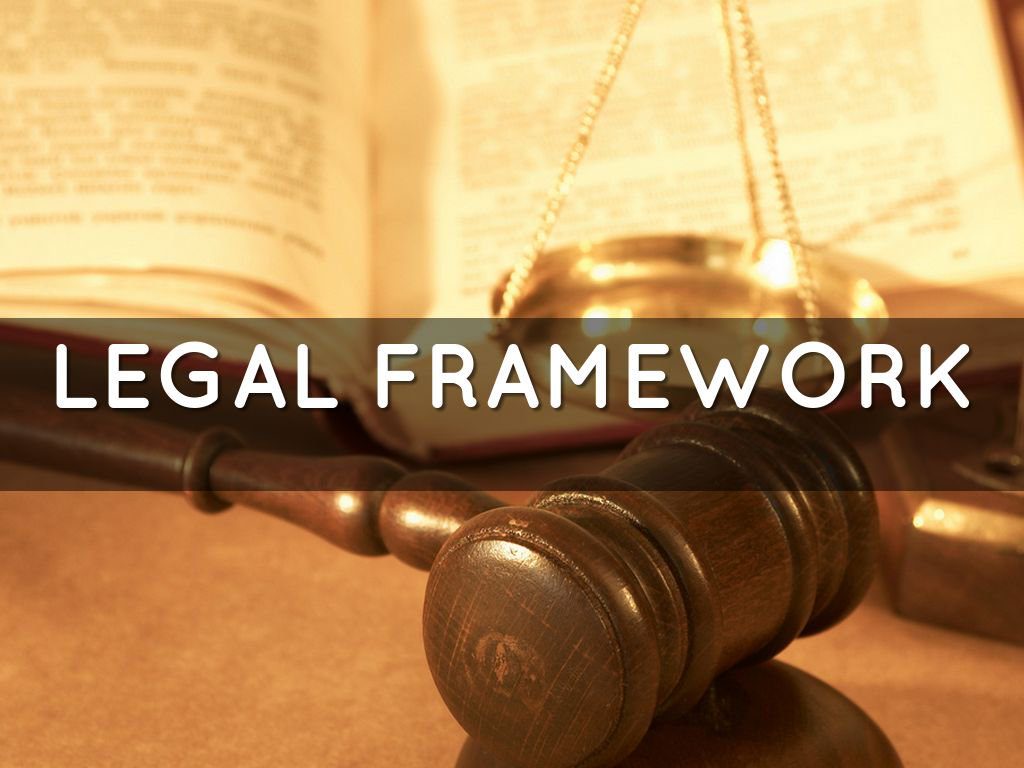RULES OF BAR COUNCIL OF INDIA (BCI)
DISCLAIMER
The current rules of the Bar Council of India restrict / prohibit law firms from advertising and soliciting work through communication in the public domain. This website has been designed solely for the purposes of dissemination of basic information about Law Firm of Advocate V.Ravindhar, which is made available on the specific request of the visitor/user. By clicking on ‘ I agree’ or ‘any part of this website’ or by opening the website, the visitor agrees to all the terms and conditions of BCI.
I AGREE TO THE TERMS & CONDITIONS OF BCI
NDPS LAWYER IN INDIA
In IndiaThe Narcotic Drugs and Psychotropic Substances Act, 1985, commonly referred to as the NDPS Act, is an Act of the Parliament of India that prohibits a person the production/manufacturing/cultivation, possession, sale, purchasing, transport, storage, and/or consumption of any narcotic drug or psychotropic substance
NARCOTIC CASES
India and Worldwide Legal Services
INTERNATIONAL
citizen is arrested overseas
Commission on Narcotic Drugs (CND)
The Commission on Narcotic Drugs (CND) was established by Economic and Social Council (ECOSOC) resolution 9(I) in 1946, to assist the ECOSOC in supervising the application of the international drug control treaties. In 1991, the UN General Assembly (GA) expanded the mandate of the CND to function as the governing body of UNODC. The CND’s agenda has two distinct segments: a normative segment for discharging treaty-based and normative functions; and an operational segment for exercising the role as the governing body of UNODC.
WORLD WIDE NARCO CASES
ARE YOU ARRESTED IN INDIA OR ABROAD ON NARCO CHARGES ? CALL OUR LAWYER IMMEDIATELY ! WE CAN HELP YOU!






